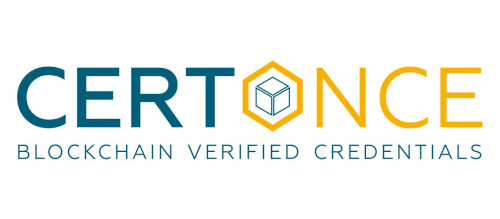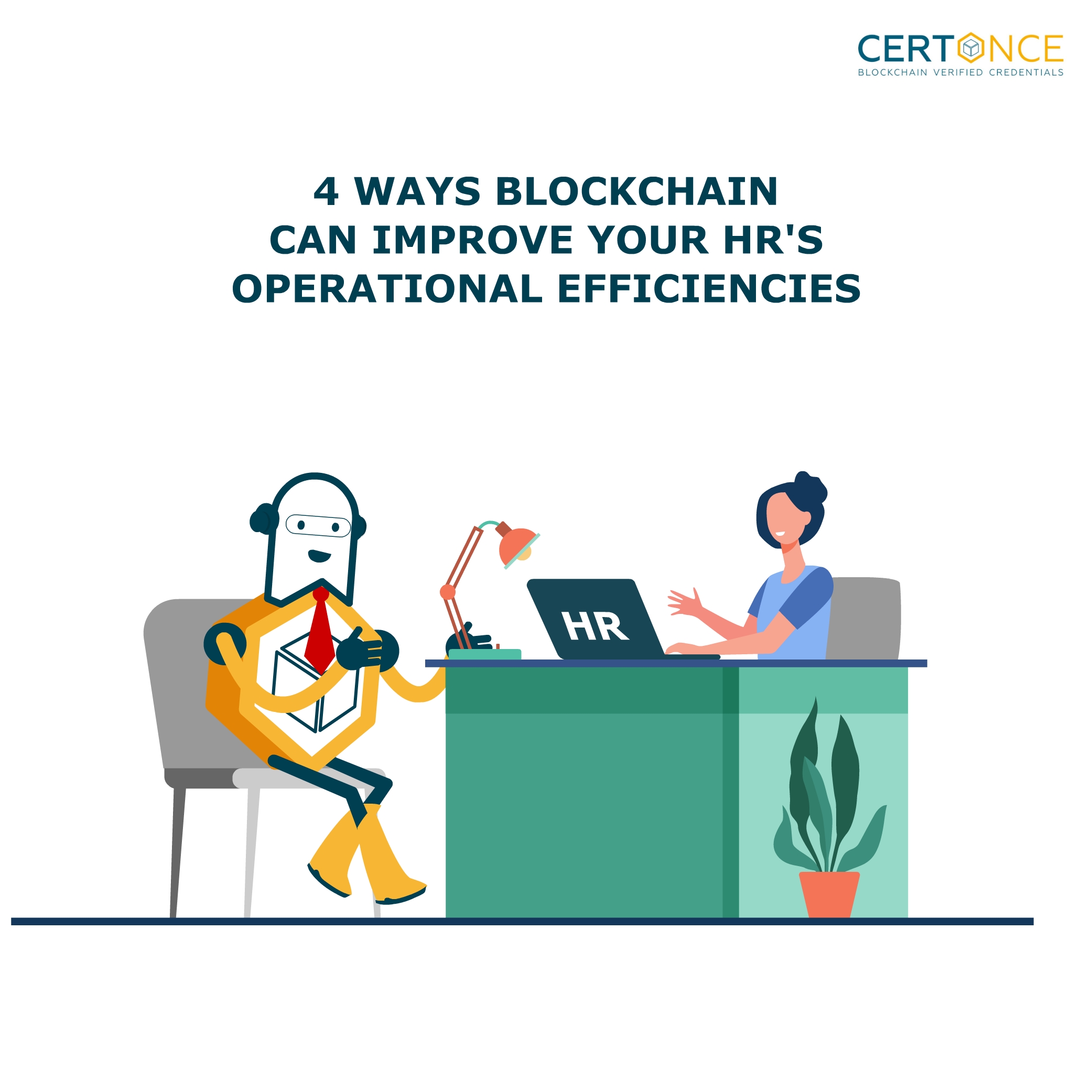4 ways in which blockchain can improve your HR team’s efficiencies
Did you know that by 2023, the global blockchain market is expected to reach over $39 billion?
And one industry set to benefit greatly from this technology is human resource management. With a secure and tamper-proof system for storing and sharing employee information, HR processes are about to get a major upgrade. Say goodbye to inefficiencies and high costs, and hello to a faster and more streamlined HR system with blockchain.
Secure & Decentralized Data Storage
Storing employee information like resumes, skills, and qualifications can be made much more efficient with blockchain. Instead of a central database, HR departments can use blockchain to keep all employee info safe and secure. This way, HR can access employee information quickly and easily, saving time and effort in managing employee records.
For example, a large multinational corporation can use blockchain to securely store all employee information, making it easier for HR to manage the records of thousands of employees.
Seamless Hiring & Onboarding
Using smart contracts, HR professionals can automate the hiring and onboarding process. Smart contracts are self-executing agreements with terms written into code. This makes it easier for HR to verify candidate information and execute contracts when a candidate is hired, saving time and effort.
Using blockchain, a start-up company can deploy smart contracts to streamline its hiring process, making it easier for HR to verify candidate qualifications and onboard new employees.
Track Employee Performance
HR professionals can use blockchain to create a decentralized system for tracking employee performance. This makes it easier for HR to access and analyze employee performance data, identify areas for improvement, and make data-driven decisions about employee promotions and pay increases.
A medium-sized business can use blockchain to track employee performance and identify areas for improvement. This leads to increased employee productivity and better overall performance.
Manage Employee Benefits & Compensation
By using blockchain, HR professionals can create a decentralized system for managing employee benefits and compensation. This makes it easier for HR to access and analyze data, identify areas where employees need more benefits or compensation, and make data-driven decisions.
For instance, a non-profit organization can use blockchain to manage employee benefits and compensation, making it easier for HR to provide their employees with the best possible benefits and compensation packages.
In a nutshell…
Blockchain technology has the potential to revolutionize human resource management by providing a secure, decentralized system for storing and sharing data, automating processes, and tracking employee performance and progress. By implementing blockchain technology, HR professionals can increase efficiencies and make more data-driven decisions, which would ultimately lead to a more productive and engaged workforce. As technology continues to evolve, we can expect to see more and more companies adopt blockchain in their human resource management processes.
Question: Did you know that blockchain technology can revolutionize the way we manage and handle human resources?
According to a study by Deloitte, 56% of HR leaders believe that blockchain will be a critical or important priority for their organizations in the next three years. With its decentralized and secure nature, blockchain can transform HR processes and improve efficiency, transparency, and security. In this blog, we will explore the top 5 use cases of blockchain in human resources.
Background Verification and Credentialing
HR departments can use blockchain to verify and manage employee credentials, such as education degrees, work experience, and certifications. By storing this information on a blockchain, it becomes immutable, secure, and tamper-proof. Companies like Unibright and WorkBlock are already using blockchain to enable automated verification and eliminate fraud in the background check process.
Payroll and Benefits Management
Payroll and benefits management is a complex and time-consuming process that can be simplified with blockchain technology. By leveraging smart contracts, HR departments can automate salary payments, tax deductions, and benefits distribution. In addition, employees can have real-time access to their payment history and benefits information.
This eliminates the need for intermediaries and reduces administrative costs for the company. Companies like Bitwage and WageCan are already offering blockchain-based payroll solutions.
Performance Management and Feedback
Performance management is an essential function of HR, and blockchain can make it more transparent and objective. By using blockchain-based performance tracking systems, employees can receive real-time feedback, and their achievements and goals can be recorded immutably. This data can be used to make objective decisions about promotions and rewards, leading to a more meritocratic and fair workplace.
Recruiting and Hiring
Recruiting and hiring processes can be streamlined and made more efficient with blockchain. By using decentralized job platforms like Job.com, employers can directly access verified candidate profiles and credentials, eliminating the need for intermediaries like recruitment agencies. Additionally, blockchain-based recruitment processes can help eliminate unconscious biases in the hiring process, leading to a more diverse and inclusive workplace.
Employee Data Management and Privacy
HR departments handle sensitive employee data, and it’s crucial to ensure that this data is secure and private. Blockchain technology can provide a secure and transparent way to store and manage employee data, making it accessible only to authorized personnel. In addition, employees can have more control over their data, choosing what information they want to share with the company and other third-party providers. Companies like Datum and Dock are already offering blockchain-based data management solutions.
In conclusion, blockchain technology has the potential to transform human resources by providing more transparency, security, and efficiency. Companies that embrace this technology can gain a competitive advantage by improving their HR processes and creating a more engaged and productive workforce.


